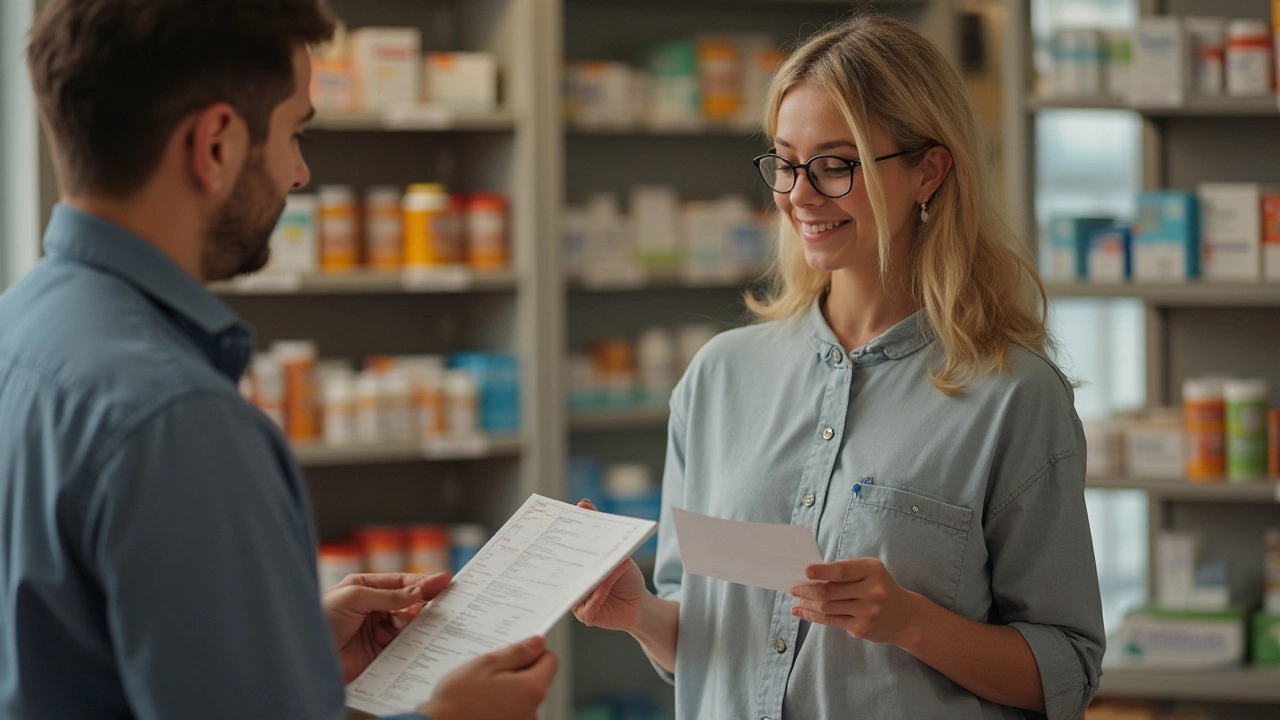Depression Treatment: Real‑World Options That Actually Help
If you or someone you know is dealing with depression, the first step is to stop feeling alone. There are many ways to feel better – from pills you can get with a prescription to simple daily habits that lift mood. This guide gives you straight answers without medical jargon.
Medication Choices You Can Trust
Prescription antidepressants are the most common first‑line option. Drugs like sertraline (Zoloft), fluoxetine (Prozac), and escitalopram (Lexapro) work by balancing brain chemicals called serotonin and norepinephrine. Most people notice a mood lift after two to four weeks, but you need a doctor to pick the right dose.
Side effects differ per person. Some feel nausea, dry mouth, or trouble sleeping at first. If those symptoms stick around, talk to your prescriber – they can adjust the dose or switch meds. Remember, stopping an antidepressant abruptly can cause withdrawal, so always taper under medical guidance.
Therapies and Lifestyle Hacks
Talk therapy is a powerful partner to medication. Cognitive‑behavioral therapy (CBT) teaches you how thoughts shape feelings and gives tools to challenge negative patterns. Even short weekly sessions can produce lasting change.
Exercise isn’t just for the body; it releases endorphins that improve mood. You don’t need a marathon – a 20‑minute walk, bike ride, or dance session works. Pairing movement with sunlight helps reset your internal clock and reduces fatigue.
Sleep matters more than you think. Aim for 7–9 hours of consistent rest. If you struggle to fall asleep, try a calming bedtime routine: dim lights, no screens an hour before bed, and maybe a short meditation.
Nutrition can subtly support brain health. Foods rich in omega‑3 fatty acids (like salmon, walnuts, chia seeds) have been linked to lower depression rates. Adding leafy greens, berries, and whole grains keeps blood sugar steady, which steadies mood.
If you prefer natural supplements, talk with a doctor before starting. St. John’s wort can help mild depression but interacts badly with many meds. Vitamin D deficiency is common in low‑mood seasons; a simple blood test can tell if supplementation is needed.
Finally, stay connected. Isolation worsens symptoms, so reach out to friends, join support groups, or use online forums where people share coping tips. Even texting a trusted person once a day keeps you linked to reality.
Depression isn’t a sign of weakness, and getting better often means mixing several approaches. Talk to your health provider about medication, explore therapy options, move your body, eat brain‑friendly foods, and keep social ties strong. With the right mix, many people see steady improvement within weeks to months.
Exploring Alternatives to Wellbutrin SR: Find the Right Fit for Your Needs
This article details seven alternatives to Wellbutrin SR, focusing on medications used to manage symptoms of depression. Whether you're looking to address particular side effects or enhance efficacy, understanding these alternatives is invaluable. Each option comes with its own set of pros and cons, helping individuals find a suitable choice suited to their unique needs. For those navigating the complex landscape of mental health treatments, exploring various medications can be an important step toward well-being.






